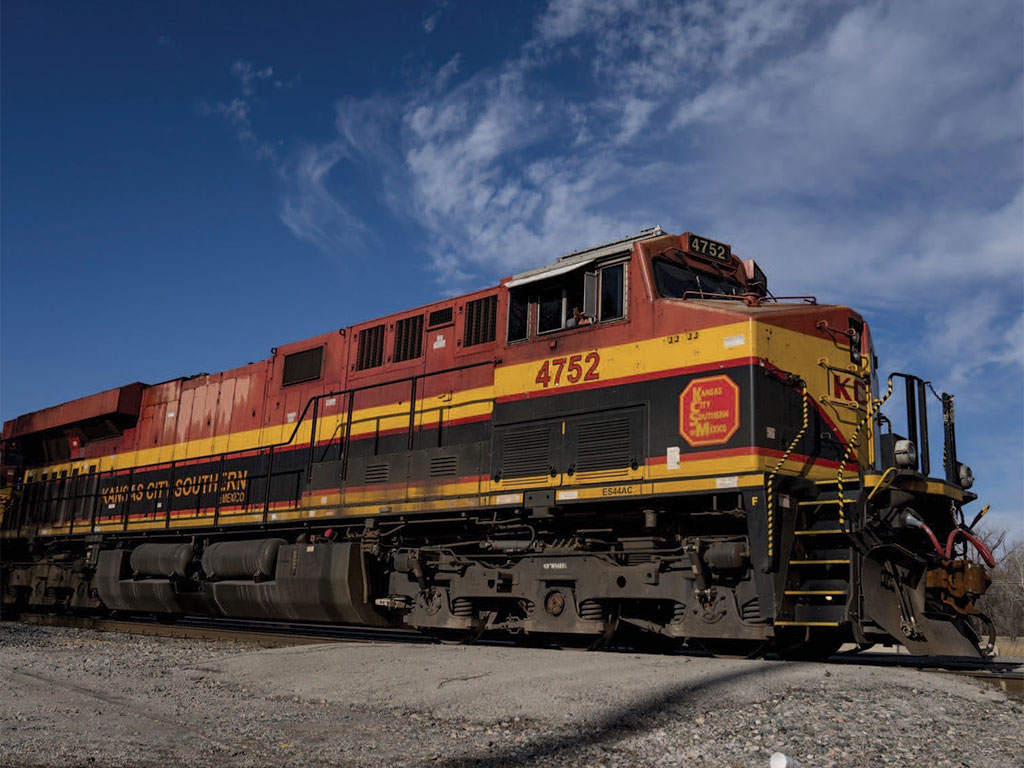While most of the battle between CP and CN is being played out in the U.S., a significant question looms large: What’s in it for Canadian shippers? John Corey, head of the Freight Management Association of Canada shares his opinion of what this merger might mean for Canadian shippers.

In July 2000, the boards of CN and BNSF voted to terminate their proposed merger after a U.S. appeals court upheld a 15-month halt on further developments imposed by the federal Surface Transportation Board. Two decades later, the STB will make a final ruling – though not likely before 2022 – on another significant cross-border acquisition proposal involving Class 1 railways. But this time the North American railway sector has become the arena of an unprecedented, no-holds-barred mano-a-mano between Canada’s two major railways seeking to gobble up Kansas City Southern, thereby creating the first fully-continental network stretching from Canada to Mexico.

Truth Stranger than Fiction
“They say truth is stranger than fiction and in the case of the rival CP/CN bids for the KCS, that is certainly the case,” he began. “Very high on intrigue, suspense and even entertainment value, but will either deal be good for Canadian shippers? Maybe, maybe not.”
Looking first at the CP offer last March, he noted: “Starting as a friendly offer, the voting trust quickly got approval from the STB, which also affirmed the CP-KCS combination would be evaluated under the pre-2001 STB merger rules – in fact, merger rules light. This merger looked like a good fit, completely end to end. No overlap.
Then CN made a competing offer. Unlike the CP-KCS proposed merger, the CN-KCS combination would be scrutinized under the more stringent STB merger rules adopted in 2001. The STB has not yet approved the CN proposed voting trust. [Editor’s note: The STB subsequently rejected the CN bid on August 31st]
“If the CN-KCS merger is approved it would give CN a commanding position in the Mississippi corridor from Chicago to the Gulf, with the Illinois Central east of the Mississippi and the KCS on the west side.”
So, will either merger be good for Canadian shippers?
“Currently the North American rail network allows shippers to ship anywhere in North America. Canadian shippers have access to Mexico, but the movement involves interlining and switching, but it gets there. With a merger some of those movements may not require any switching between railways and may be quicker.”
“The same may be true for certain Mexican shippers going to Canada,” Corey continued. “The potential for reduced switching may be good for some American shippers also. Therefore, with a merger there may be some minor service improvements for a limited number of shippers.”
CN and CP Offering “Too Much”
What about freight rates?
Corey observed: “Railways have a hard time growing revenue organically. A better way to grow revenues is to buy them, like CN and CP are trying to do. However, in my opinion both CN and CP are offering too much for the KCS. CN’s offer is $33.6 billion and CP recently increased their offer to $31 billion. Both represent a big premium over the current KCS value.”
“If either merger happens, how will the purchaser recoup their investment you might ask? By raising their rates of course. There already exists a spread between what CN charges in the US and what KSC charges. CN is not going to lower its rates. CP will also have to pay off a massive debt, proportionately larger than the CN potential debt, based on revenues. KCS has an operating ratio of 58.8. No fat on those bones! Rates will go up.”
Corey asserts that “servicing shippers is not the primary goal of these proposed mergers. The railways merge to expand their track networks in order to grow revenues and increase shareholder value. On Wall Street, revenues are king.”
In conclusion, Corey unabashedly stated: “Ultimately what is good for Canadian shippers and for that matter Mexican shippers will be of little consequence. The STB focus is squarely on what is best for American shippers, and in the current US political environment that will be the only consideration for the STB.”

